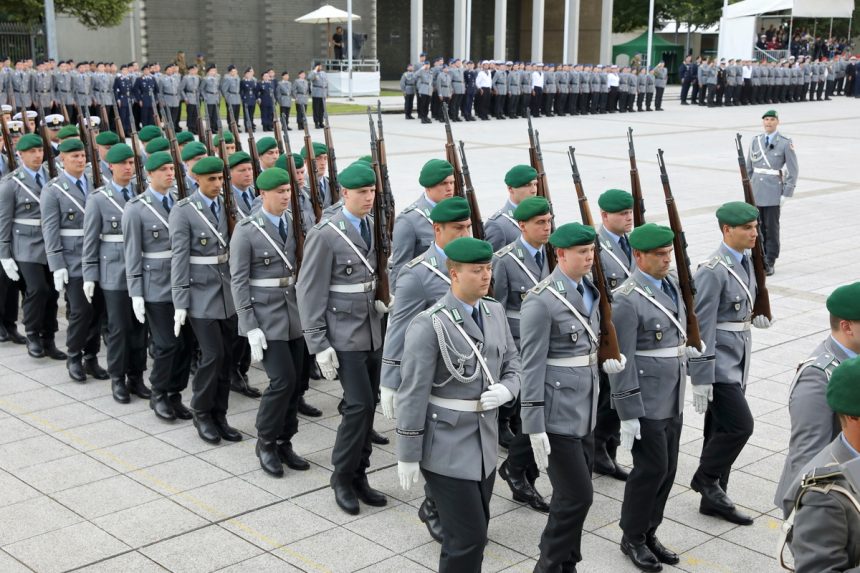Germany has paused all military exports to Israel that could be used in Gaza, marking a major shift by one of its closest allies. The decision comes in response to a controversial Israeli Cabinet move to take control of Gaza City, prompting global concern about humanitarian conditions and the fate of hostages still held by Hamas.
A Sudden Policy Shift from Berlin
Chancellor Friedrich Merz announced Friday that Germany would stop authorizing military equipment exports to Israel “until further notice.” This surprise policy move followed Israel’s approval of harsher military operations in Gaza.
Merz stated, “The even harsher military action by the Israeli army in the Gaza Strip, approved by the Israeli Cabinet last night, makes it increasingly difficult for the German government to see how these goals will be achieved.” He emphasized that the release of hostages and negotiations for a ceasefire remain Germany’s top priority.
Germany’s Historical Bond with Israel
Germany’s decision carries weight because of its post-Holocaust foreign policy, which has long centered on protecting Israel’s security. Alongside the U.S., Germany is among Israel’s top defense suppliers, providing around 30% of military imports.
Arms transfer researcher Zain Hussain said the shift is notable: “Germany, which has stood firmly with Israel, is openly admitting that it is uncomfortable with Israel’s actions; for Germany, this is a huge deal.”
Netanyahu’s Response: “Germany Is Rewarding Hamas”
The Israeli government voiced disappointment after Netanyahu spoke with Merz on Friday. A statement accused Germany of “rewarding Hamas” and not supporting Israel’s “just war” against the militant group.
Despite this backlash, Germany has called on Israel to “comprehensively and sustainably” address the humanitarian crisis and ensure unrestricted aid access for organizations like the UN.
Humanitarian Crisis and International Alarm
The conflict has already displaced most of Gaza’s population and killed tens of thousands. The German government acknowledged its responsibility: “With the planned offensive, the Israeli government bears even greater responsibility than before for providing for [civilians’] needs,” Merz said.
European Commission President Ursula von der Leyen and other EU leaders expressed increasing unease, with the Netherlands and Denmark calling Israel’s plan “wrong.” Slovenia went further last week by banning all weapons transfers to and from Israel.
European Allies Diverge on Pressure Strategy
While Germany, Hungary, and the Czech Republic have opposed harsher EU action, countries like Spain and Ireland have called for arms embargoes and sanctions on settlers.
France and the UK announced plans to recognize Palestinian statehood by September, a move Germany has yet to join. Meanwhile, protests and public outcry across Europe have increased, spurred by daily civilian deaths and food shortages in Gaza.
What’s at Stake for Israel’s Military Operations
Germany’s arms include warship parts, tank engines, and naval radar systems — many of which are actively used in Gaza. While the scope of halted equipment hasn’t been confirmed, the loss of German-made components could impact logistics, if not strategy.
Still, SIPRI researcher Hussain noted that U.S. support continues: “I don’t think this alone will stop Israel’s operations in Gaza.”
Germany’s halt on military exports sends a powerful message about growing international concern over Israel’s actions in Gaza. As Chancellor Merz warned, “Hamas mustn’t have a role in the future of Gaza,” but the path to peace — and the fate of remaining hostages — remains increasingly uncertain. Whether this pressure shifts Israeli strategy is yet to be seen, but the global spotlight has never been brighter.






